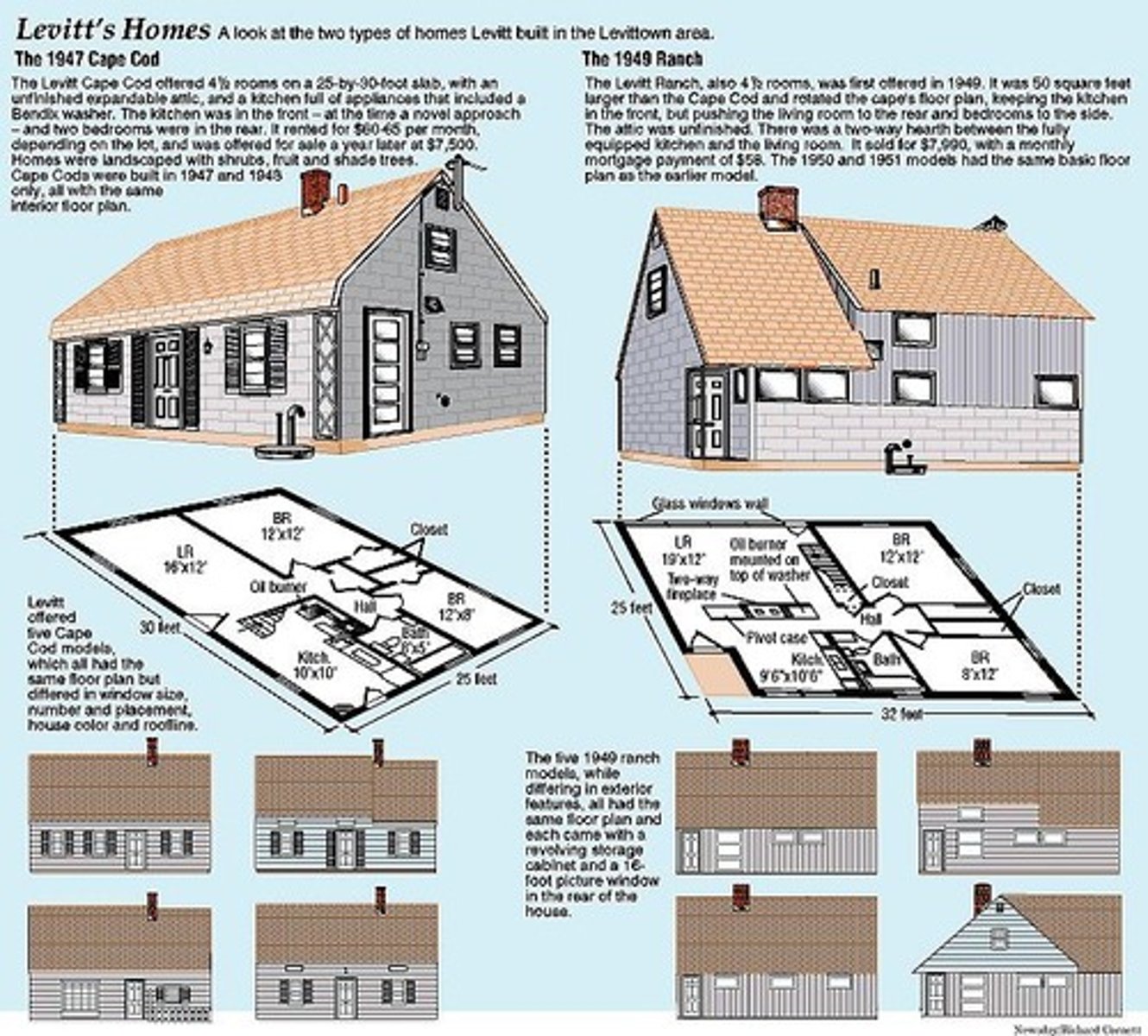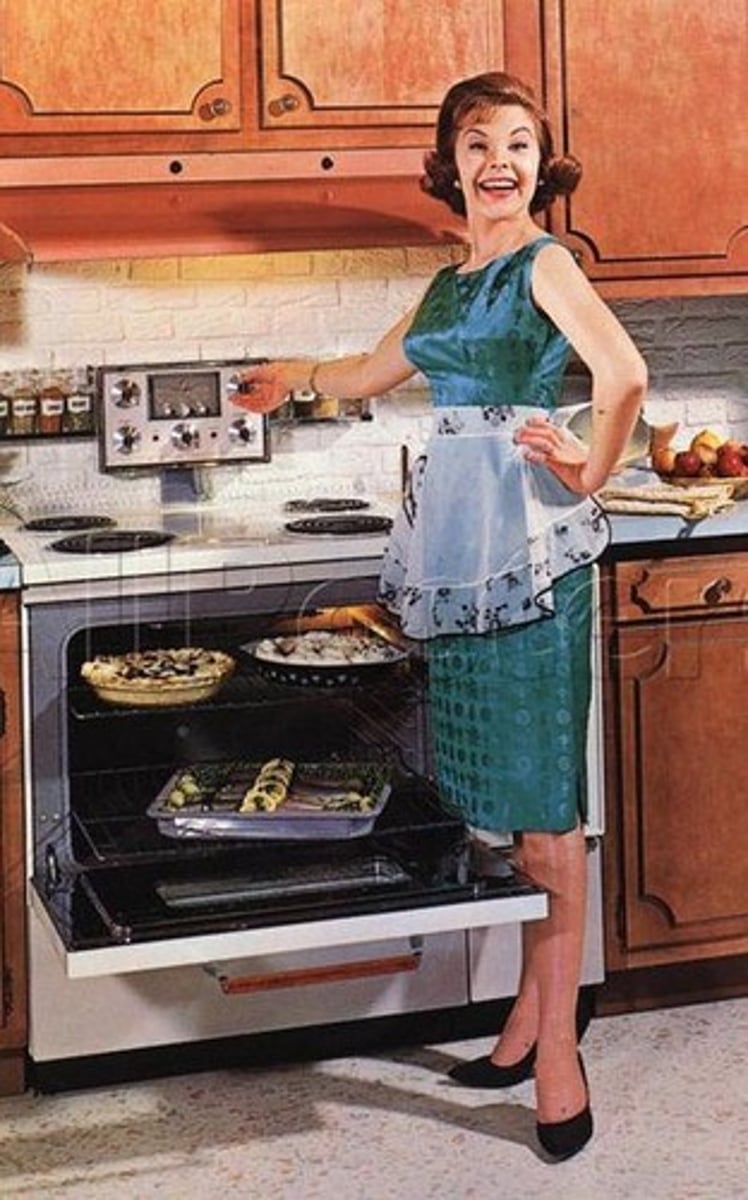TV and Representations of Family and Gender
1/18
There's no tags or description
Looks like no tags are added yet.
Name | Mastery | Learn | Test | Matching | Spaced |
|---|
No study sessions yet.
19 Terms
What is the date of the midterm exam for this course?
Wednesday, October 8th
When is the midterm exam review scheduled?
Monday, October 6th
What are the three forms of broadcasting before the 1980s?
1. Broadcasting as an arm of the government, 2. Broadcasting as part of the private sector, 3. Broadcasting as part of the state but absent of political authority.
What characterizes broadcasting as an arm of the government?
It reflects government ideologies and is part of monolithic, often absolutist states.
How does broadcasting as part of the private sector operate?
It responds to market competition and views television as a product that should meet consumer demands.
What is public broadcasting?
A publicly owned not-for-profit organization that emphasizes national and high culture themes as well as education.
What is the primary function of television according to Mittel (2010)?
Television functions as part of programming that presents dominant meanings as part of a shared common sense.
What is textual analysis in the context of TV representations?
An in-depth interpretive approach to understand what a program says about identity and how representations fit within broader cultural assumptions.
What were the first networks and programs in the US TV era (1940s-1980s)?
NBC, CBS, and ABC featured genres like sports, variety shows, anthology dramas, and comedies.
What two primary traditions did TV sitcoms emerge from?
Vaudeville and radio.
How did television influence family life in the 1950s?
TV became understood as the new hearth at the center of family life, promoting the idea of family values.
What societal changes characterized postwar suburbia in the 1950s?
The rise of the middle class, symbols of upward mobility, and the emergence of nuclear families.
What was Levittown, Long Island known for?
Architectural similarities, quick and cheap construction, and economic and racial homogeneity.

How did consumerism manifest in the 1950s?
Through increased disposable income leading to purchases of appliances, furniture, and new cars.
What traditional gender roles were depicted in 1950s sitcoms?
Nuclear families with women primarily managing the household and new appliances marketed to them.

How did the sitcom family represent American values during the Cold War?
A strong family was equated with a strong nation, showcasing home as a consumer haven.
What was the significance of the show 'I Love Lucy' in the context of 1950s family representation?
It illustrated the dynamics of family life and gender roles during that era.
What was a common theme in 1950s sitcoms regarding problem resolution?
Problems were typically resolved each week, promoting an idealized family life.
What does the phrase 'the perfect father' refer to in the context of 1950s sitcoms?
It refers to the idealized portrayal of father figures in shows like 'Leave it to Beaver'.